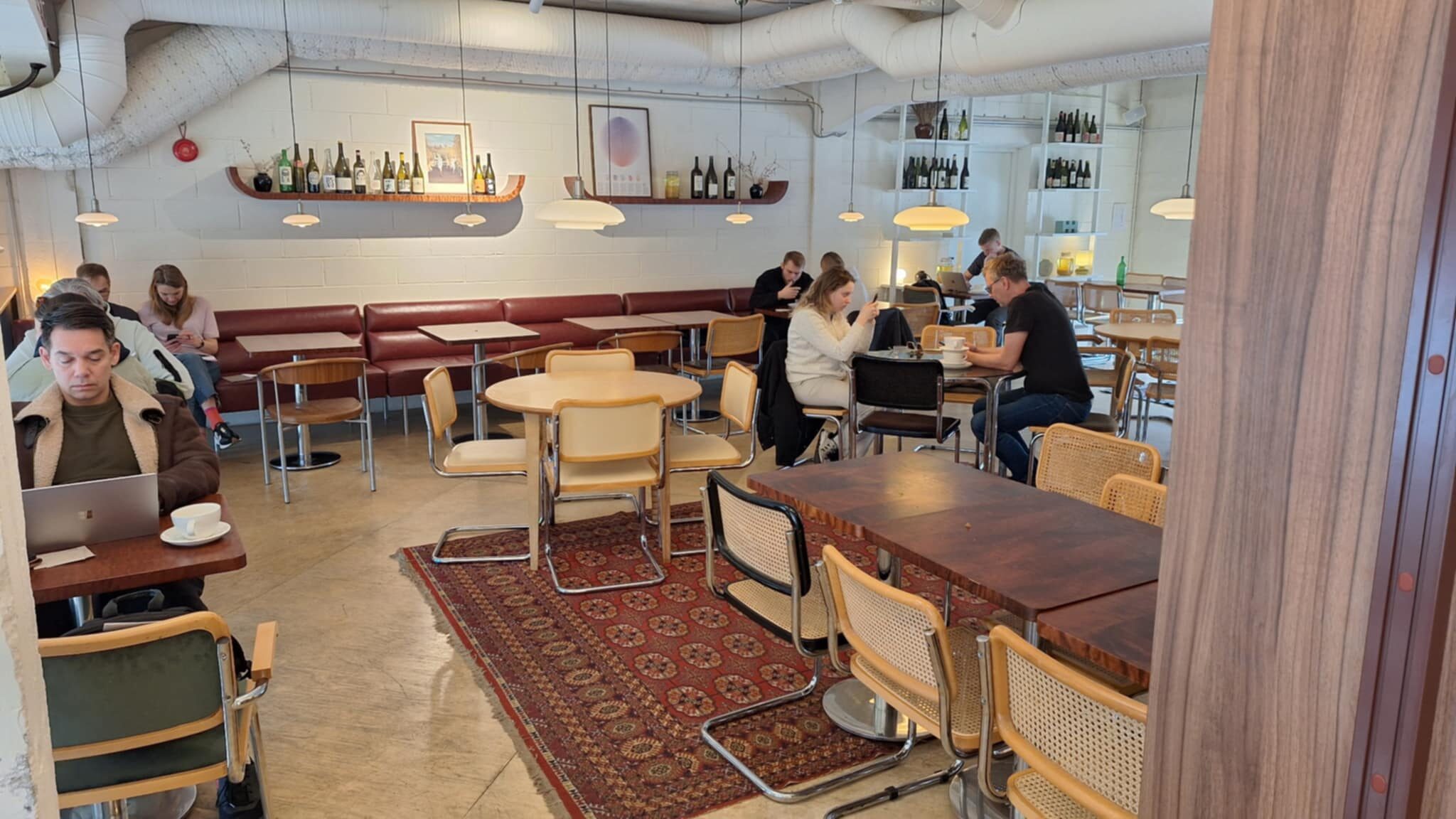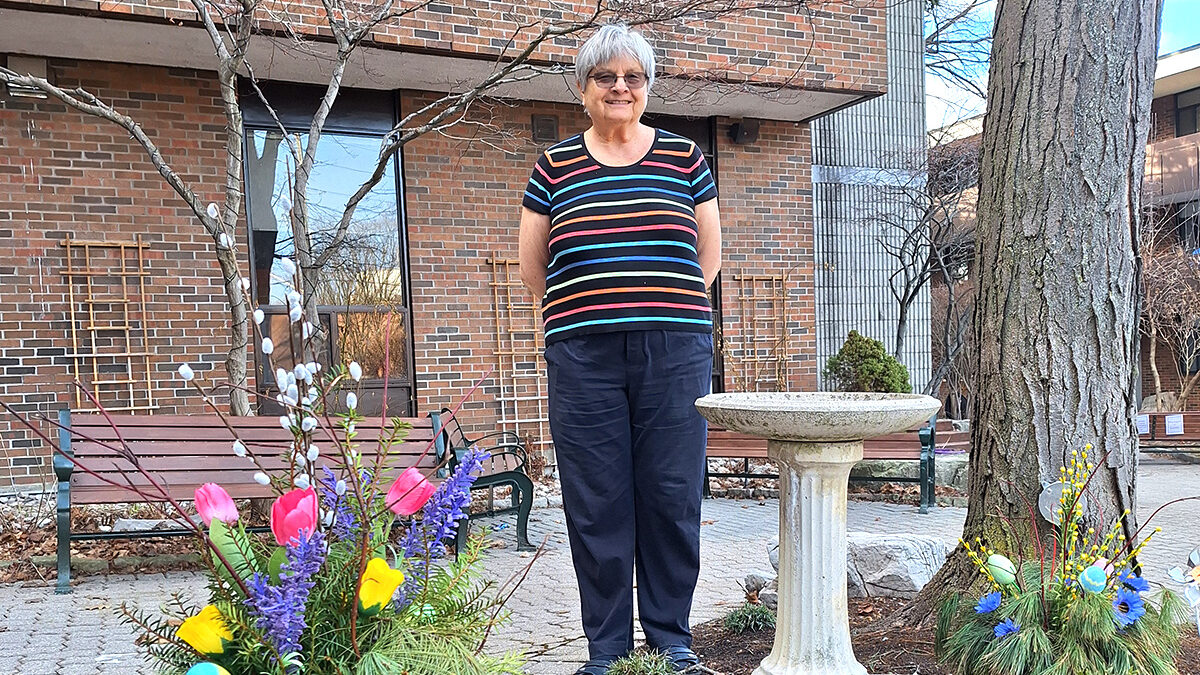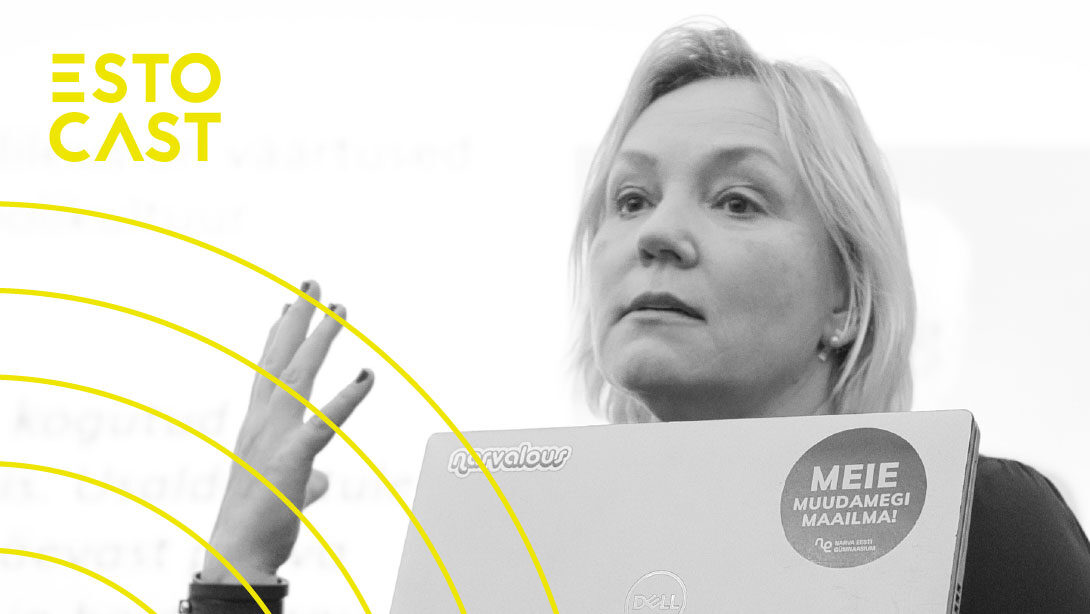This story was originally published in Edasi magazine.
Two tips for Elina, the receptionist, so she’s not replaced by AI. First, when a guest asks for an early check in, and you don’t want to give it, or can’t, rather than snap at the guest, pretend to look at your computer screen, noisily slap a few keys, then smile (if you’re able) and say, “Oh, I’m sorry, but we’re fully booked and haven’t had an early checkout.” When the guest then says he’ll kill time by skiing the trail that’s near your hotel and asks whether it’s close enough to walk, don’t just shrug and tell him you have no idea. Say something like “I’m not a skier but I’d be happy to google it!” even though it’s only 150 metres down the hill and you should be aware of it.
In businesses and environments where customer service is understood to be about efficiency, AI has a bright future. But in places where customer service is interpreted to be about emotion, human jobs are safe.
There’s lots of talk about AI and in what fields it will replace humans. My personal take is that Elina won’t last very long. In businesses and environments where customer service is understood to be about efficiency, AI has a bright future. But in places where customer service is interpreted to be about emotion, human jobs are safe.
In Tallinn, which seems mainly rooted in the efficiency camp, I rejoice every time a supermarket installs another self-checkout station — one less interaction with a potentially disgruntled human. It is not unusual, of course, for capital cities to be high on themselves: towns of 500,000 thinking they’re metropolises of five million. With Tallinn, I get the feeling it’s Wichita, Kansas, looking in the mirror and seeing New York City. Its important denizens are busy, busy, busy, need to get there quickly and get things done fast. In a Tallinn restaurant, great service probably means your waitress is Ukrainian. In the media, every Tallinner is legendaarne, a credit to the Republic. The city is full of those who advertise themselves as Life Coaches, even if nobody really knows what that means. Depression and antidepressants run rampant.
The antidote to all this is southern Estonia. When you need to decompress, go to the town of Võru. It’s even possible to avoid the song-festival-sized spas with two-dozen saunas and tubes that turn children into 120-kph projectiles. Kubija spa is located in a pine forest and next to a lake and, though their staff may not know it, there’s a ski trail nearby. Avoid its kohalik lihasupp, which one might imagine as fresh game from local hunters, but turns out to be thinly sliced viinerid. But at 100 euros per night for a couple (internet special) including breakfast and use of the spa, it’s a good deal. The ski trail isn’t used by pros, so enthusiastic amateurs like me are comfortable clacking along on their 30-year-old equipment.
Traditional therapy by PhDs is being replaced by those with YouTube University certification in areas like nature therapy, writing therapy, and clay-pot therapy. There’s even a trend where you pay to hear famous people with no counselling qualifications whatsoever talk unscripted.
Become a subscriber to continue reading!
Every week we bring you news from the community and exclusive columns. We're relying on your support to keep going and invite you to subscribe.
Starting from $2.30 per week.




